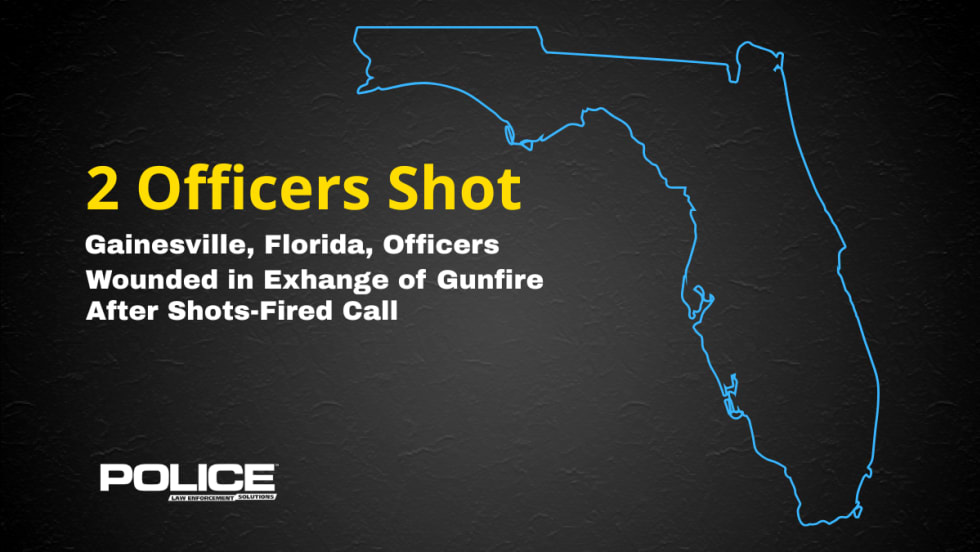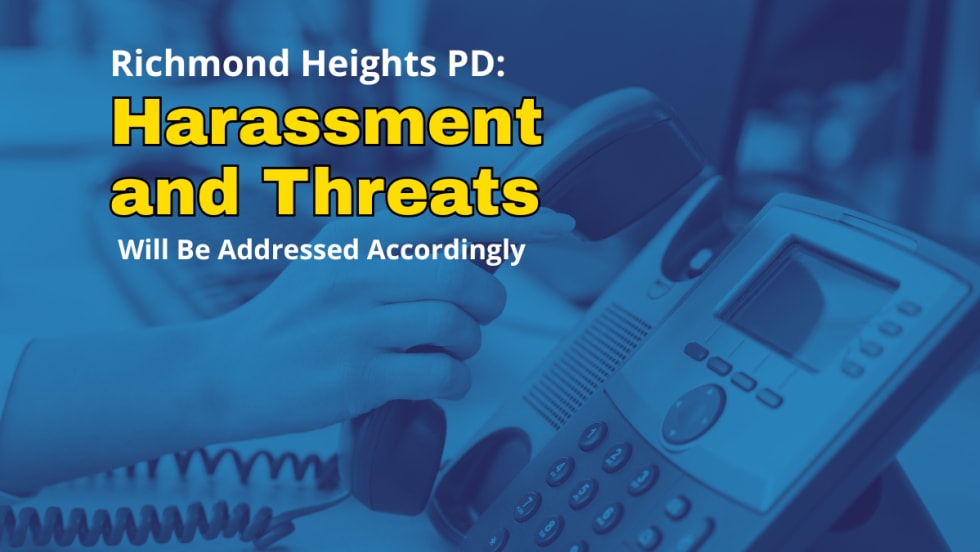A recent e-mail from a reader asked me how a leader brings out the highest levels of motivation from police officers. It seems like a great topic to write about, as I sit here in a smoky London café (smoking ban not yet in effect), disoriented and suffering from jet lag.
Hopefully, the "Moto," as one of my highly motivated Marines used to refer to it, is at least alive and well among the newest police officers, but I think it is those of us that have been around for a little while that need the occasional jump start. Let's face it, the mysterious "they" have done everything possible to stifle individual motivation and creativity in the law enforcement profession. Through excessively specific policy and procedures, brought on by our increasingly litigious society and the mounting fear of liability, both real and perceived, we have created a culture of death by paperwork! I am sure we are on the verge of being targeted by environmentalists for all the trees we needlessly kill. And I am an optimist!
That grievance addressed, (and it is absolutely no excuse for the lack of the "Moto,") we can move on to more practical leadership solutions. The bottom line is that we want to get the most out of the people working with us, for us, or around us. Right? Let's take traffic enforcement, as a classic example of where we lose people. The Captain looks at the recent traffic statistics and sees that at one intersection there have been three serious accidents in a week, resulting in two deaths and several major injuries. Plus, many people in the community complain about speeding in the area. The Captain tells the Lieutenant exactly what the problem is in detail and asks him to address it. The lieutenant walks into the Sergeant's office and says to the Sergeant something like this: "There have been a couple of accidents at the intersection of Walk Street and Drive Lane, get somebody on it." So the Sergeant, being the good soldier, goes into roll call and during the brief tells Officer Hardcore the following: "Hey, the brass says we need to do traffic enforcement in this area, so go out and write me a couple of tickets." Officer Hardcore spends the next 8-12 hours writing a couple of tickets and generally irritating the public in the effected area.
Now keep in mind this classic scenario and consider a couple of tips:
BE THOUGHTFUL. Think of what frustrated you as an officer. Personally, I came on the job to do something important. When I was told to do things that did not seem all that (expletive deleted) important, or I didn't know why I was doing something, then my motivation was low. If I was Officer Hardcore, my motivation would be in the toilet. My productivity and customer service would be in there too, and I don't think it is his fault. The leadership failed to communicate that what he was doing was important and why. They failed to arm him with the information needed to educate the public about the situation, and to give him the feeling that what he was doing was saving lives, not making the ticketed drivers intentionally miserable. Be thoughtful to an officer's need for guidance and information.
BE A CHEERLEADER. I don't mean get dressed up in a skirt and dash around with pom-poms, I save that for home. But, as a good sergeant or lieutenant, one of the best things you can do is jump up and down when officers put in a good performance. When Officer Hardcore turns in a dozen tickets at the end of the day, then let him know you appreciate that he did what was asked and reiterate that it was important.
BE SPONTANEOUS. Try walking into the Report Writing Room occasionally and see what your officers are doing. See if they need any help. Praise the quality of their arrests and reports. I like to write or type a personal desk note when something does not rise to the level of a formal commendation, because I believe it adds a personal touch. Definitely write up as many commendations as possible and make a big deal of it in roll calls. It is a good occasion for the officers to hassle each other, but it also pressures the slackers to step up. Don't wait for others to praise and commend hard work. You do it.
BE FIRM, BUT FAIR. Do not hesitate to demand quality work and effort, but also use common sense and fairness when dealing with personnel issues. Consider formal discipline as a last resort, only to be used when absolutely necessary. Remember, it is there to correct, not punish. If the offense can be corrected within policy and without paper, try that first. Even then, be prepared to go to bat for your people with your boss, even when they make mistakes. Some leaders will shy away from what they consider the stigma attached to being supportive of a misfit. I love misfits; they have been some of my best cops, they just need a little extra care and guidance. Finally, after all else has failed, make sure the officer knows exactly what the discipline process is and insure they are given a fair shake. Their "Moto" will come from knowing that you care.
BE THERE. I have been writing this a lot lately, maybe because that is how important it is. Go out in the field once in awhile and observe the conditions that the officers are working under. Police officers know you can't fix everything, but when they know that you give a hoot, they will put out the extra effort for you, personally, because of the leadership you are providing.
What is my source of "Moto?" Seeing Officer Hardcore come into the station at three in the morning; cold, wet, and tired, with a bad guy in tow, a smile on his face, and proud as hell! I am proud of him too, and I let him know it.












